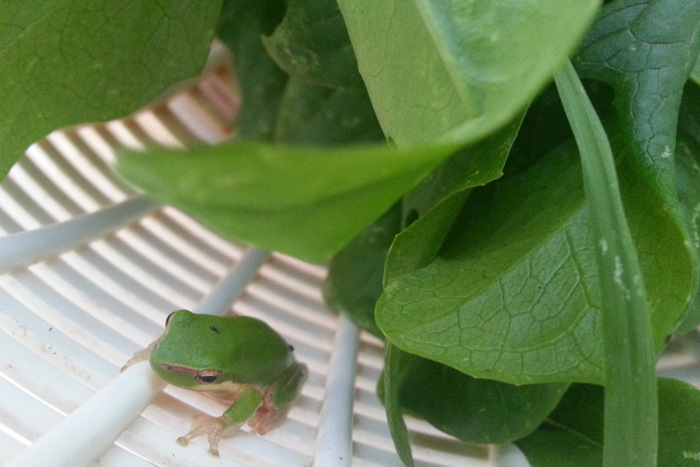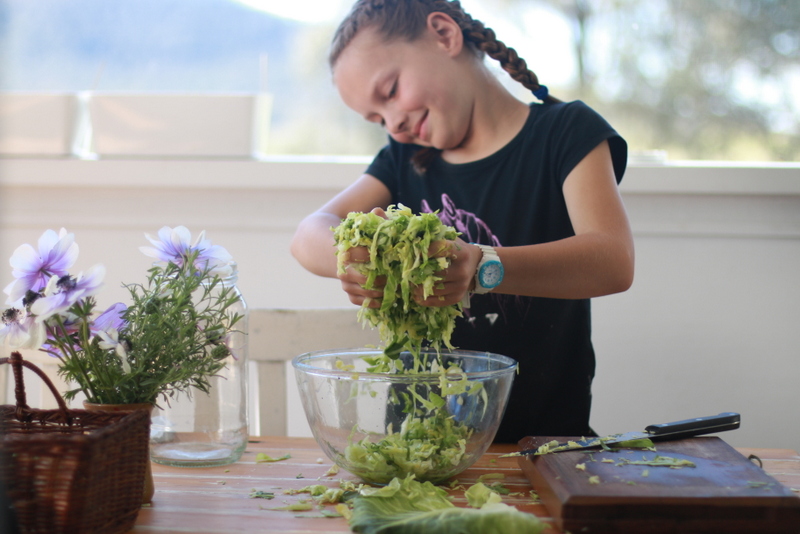I grow my own veggies organically and often buy organic food. There are many reasons why I favour organic. I prefer my food be free of pesticide residues and I’d rather support small, sustainable farmers than large-scale industrialised agribusinesses. But the main reason I buy organic is that it’s better for the environment. Or is it? Robert Paarlberg, in his book Food Politics, suggests that my preference for organic food may be misguided.
I read Paarlberg’s 2010 book recently and it had me scrambling to double-check the environmental benefits of organic farming.
For me, it’s important to know the story behind my food. Permaculturalist Nick Ritar suggests that “every bite of food is a reflection of your ethics”. “That doesn’t mean becoming a food snob who is a pain in the arse at every dinner party, but it does mean that when you buy something, you exercise your power by taking the time to understand what you are giving your money to.”
What is organic farming?
Organic food is grown without the use of synthetic fertilisers or pesticides. Instead, natural processes are embraced. Soil fertility is maintained using compost, crop rotation and manures. Weeds are controlled using mechanical cultivation, mulch and cover crops. Insect pests are kept at bay using a range of techniques including relying on ‘good bugs’ to eat the ‘bad bugs’.
Is it better for the environment?
Whether or not organic farming is better for the environment overall has been hotly debated for years. The focus of the debate has been on whether or not decreased yields from organic farms could have the unfortunate result of increasing the total area of land under agricultural production, resulting in more widespread deforestation and biodiversity loss, and thus undermining the environmental benefits of organic practices.
This argument is increasingly being dismissed as over-simplistic. Yields can be increased through improved farming practice and careful selection of varieties. Yield is also only one of many factors to consider when balancing the benefit of organic farming.
Environmental benefits of organic farming
What is clear is that organic farms are better at protecting biodiversity than conventional farms. A recent study by Oxford University found that organic farms support 34% more plant, insect and animal species than conventional farms. It also found that the benefit was most pronounced for organic farms in intensively farmed regions and that small farms do a better job of protecting biodiversity. The benefit of organic farming was most pronounced for pollinators such as bees, with organic farms supporting 50% more pollinator species.
Pesticide use is having a particularly devastating impact on bees. Recent research from Harvard University has confirmed that pesticides, neonicotionoids in particular, are likely to be responsible for the massive colony collapse disorder happening in honey bees.
The environmental benefits of organic farming extend beyond biodiversity and bees.
Conventional farming is dependent upon large amounts of inorganic fertiliser. The manufacture of synthetic fertilisers is energy-intensive, uses large amounts non-renewable natural gas and contributes greatly to greenhouse gas emissions. Synthetic fertilisers also dissolve in water more readily than organic fertilisers and can leach through the soil and pollute groundwater, nearby waterways and ultimately, the ocean.
So after wading through the recent literature, I’m confident that my preference for organic food isn’t misguided. My resolve to support small local sustainable farms is stronger than ever.
Introducing organic farms into already intensively farmed landscapes can boost biodiversity, provide a pesticide-free haven for pollinators, and play a major role in halting the loss of biodiversity.
Originally published in the Newcastle Herald Monday 2nd June 2014.



